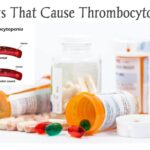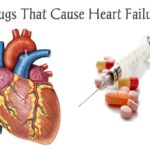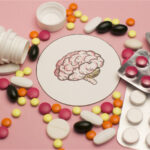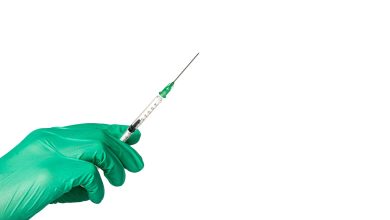List Of Drugs That Cause Pancreatitis

Pancreatitis is an inflammation (swelling) of the pancreas. When the pancreas is inflamed, the powerful digestive enzymes it makes can damage its tissue. The inflamed pancreas can cause release of inflammatory cells and toxins that may harm your lungs, kidneys and heart.
The pancreas is an organ in the upper abdomen (belly). It connects to the beginning of the small intestine (the duodenum). It contains the pancreatic duct (tube), which drains digestive enzymes (chemicals) into the small intestine (the duodenum). Many frequently prescribed drugs are suspected to cause acute pancreatitis.
Drug-induced pancreatitis is assumed to be a relative rare entity, and its incidence is reported between 0.1 and 2% of cases. However, the true incidence of DIP is still unknown since little evidence has been obtained from clinical trials, and most incidences have been documented as case reports.
List Of Drugs That Cause Pancreatitis
Currently, more than 500 drugs have been reported in the World Health Organization database as offenders of acute pancreatitis, they include:
Class I medications (medications implicated in greater than 20 reported cases of acute pancreatitis with at least one documented case following reexposure): didanosine, asparaginase, azathioprine, valproic acid, pentavalent antimonials, pentamidine, mercaptopurine, mesalamine, estrogen preparations, opiates, tetracycline, cytarabine, steroids, trimethoprim/sulfamethoxazole, sulfasalazine, furosemide, and sulindac.
Class II medications (medications implicated in more than 10 cases of acute pancreatitis): rifampin, lamivudine, octreotide, carbamazepine, acetaminophen, phenformin, interferon alfa-2b, enalapril, hydrochlorothiazide, cisplatin, erythromycin, and cyclopenthiazide.
Class III medications (all medications reported to be associated with pancreatitis). Of the top 100 most frequently prescribed medications in the United States, 44 have been implicated in acute pancreatitis, 14 of them fall into either Class I or II of medications associated with acute pancreatitis.
How to stop future attacks
Stopping future pancreatitis attacks are possible. To start on a healthy journey, it’s important to avoid self medication and discuss every medication including supplements with your doctor or pharmacist before using them.
Make some behavioral and lifestyle changes. Successful management will involve multi-specialist care, including behavioral and lifestyle modification.
If you keep having pancreatitis flare-ups, it can eventually lead to pancreatic scarring, so it’s crucial to make these needed changes. Do what you can to lower these risk factors:
Gallstones. If you are diagnosed with gallstones and have suffered an attack of pancreatitis, removing the gallbladder can help prevent future problems.
Heavy drinking. Excessive alcohol intake causes up to 70% of chronic pancreatitis cases, and nearly half of acute pancreatitis, so it makes sense to stop drinking alcohol.
Smoking. It can make your outcomes worse, make the disease (chronic pancreatitis) progress faster and increase your risk of pancreatic cancer.
Poor diet. Avoid high-fat foods, especially fried foods that can put a load on your digestive system. Instead, focus on eating a low-fat, high-protein diet that is rich in vitamins and nutrients. Patients with chronic pancreatitis often benefit from the institution of medium-chain triglyceride (MCT) oil in their diet. You may also consider taking artificial digestive enzymes, which help your body break down food and absorb nutrients and vitamins. Consult with your doctor about if artificial digestive enzymes would be a good idea to take.





